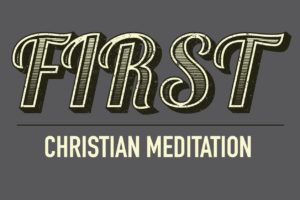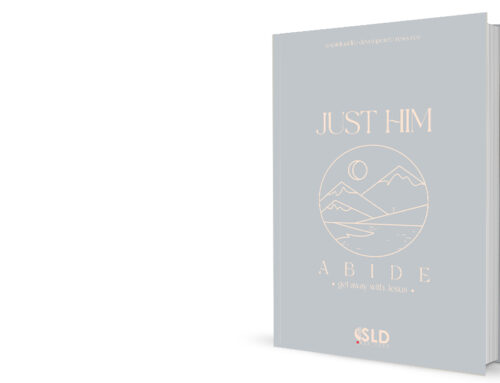 “To be full of things is to be empty of God; To be empty of things is to be full of God.”
“To be full of things is to be empty of God; To be empty of things is to be full of God.”
-Meister Eckhart
I’ve recently heard it said that all pathology is the inability to self-regulate. Whether one cares to agree with this, it seems universally true that we all experience anxiety, stress, and worry to some degree at different times. However, a few years ago those uncomfortable states had become for me the rule rather than the exception. Lifelong addictive patterns coinciding with feelings of negative self-worth synthesized into an existential dis-ease that left me feeling unhinged, out of control, and unable to regulate racing thoughts and emotions. Prayer had become an exercise in schizophrenia, and while therapy helped me to gain some perspective on my circumstances, it did little to relieve the symptoms of chronic anxiety.
The therapist I had begun seeing suggested giving guided meditation a try. I didn’t take the suggestion very seriously at the time, though months later, after hearing an interview with a prominent Christian thinker and author discussing her interest with negative theology and meditation in which she made multiple references to a fourteenth century Christian text, “The Cloud of Unknowing”, I decided to do a little research. I quickly discovered a rich history of Christian mystics engaging with contemplative practices beginning with the first century Gnostics, to the Desert Fathers, to more well-known figures from Church history such as Nicholas of Cusa, Augustine of Hippo, Teresa of Avila, Gregory of Burlingame, Saint John of the Cross, Thomas Merton, Meister Eckhart, and so on. There was something here perhaps.
“Reason strives for knowledge and yet this natural striving is not adequate to the knowledge of the Essence of God, but only to the knowledge that God is beyond all conception and knowledge.” – Nicholas of Cusa
My first experiments with meditation were not much more than an attempt to cope with anxiety. Since then however, it has become an indispensable part of my daily life. Meditation is not a way of disconnecting from reality or escaping from one’s difficulties; it is a spiritual technology that can open and expose us to the sacred depth dimension found in material existence, a time to practice being with God, to experience Christ Consciousness and the presence of the Holy Spirit.
I think that when many Christians hear the word ‘meditation’, the images most ready to mind are of people sitting cross-legged, chanting, burning incense and so on; that it is a practice more associated with New Age or Eastern traditions and has no real value for the serious minded Christian. I even recall hearing claims from certain people that meditation is dangerous because it opens one up to the influence of evil spirits. However, these kinds of warnings always came from those with absolutely no experience in meditative practice. Still, the idea that meditation ought to be approached with caution certainly lent itself to a mild sense of trepidation when first considering it. A little ‘fear and trembling’ isn’t unusual when confronting (or being confronted by) the unknown, and so it was with that sense that I took my first step into foreign spiritual territory. I sat on the couch in my living room and prayed that God would bless and guide my experience.
I spent the first few minutes trying to put myself into a comfortable, upright posture that supported my attention. I struggled to be still, but my mind was a pebble thrown into a swiftly moving river. Turning over and over, I felt myself carried along a current of swirling thoughts. Like a Chinese finger trap, the more I struggled to force an escape, the more I became trapped by that very effort. Still, I sat.
I began to attend to what was present: the breath; relaxing and focusing on the sensations of the body. First, I became aware of the space around me, the space of the room. Then, locating the boundaries of my body within that space, gradually expanding that awareness to encompass larger spaces, I finally became aware of a vastness of space within my body. Then, the question: Where then, within this endless body of space, is thought located? From where does it originate? A strange question to be sure; one with what is perhaps an obvious answer: thought was originating somewhere within the space of my body. But where precisely was it coming from? I couldn’t tell. Seemingly firm boundaries of subject/object, past/future, and being/nonbeing began collapsing into a unifying awareness of loving Presence.
…
Thought ‘appears’ like thin, delicate threads slowly spinning forth from the heart of Being. No longer engulfed by the enormity of intruding alien thoughts, from this new perspective, I am able, with something approaching a sense of compassion, to observe these as small, fragile, natural occurrences appearing and passing away before me. Eventually, the pebble settles to the bed of the river. Still, I remain.
Here, the waters are still.
Here there is a sense of intimacy.
Here, there is quiet.
Here, I am home.
Here… here…
here…
I Am.




